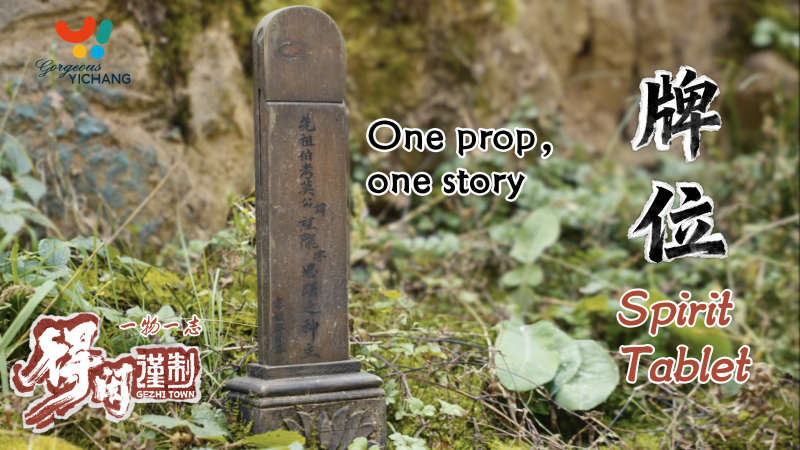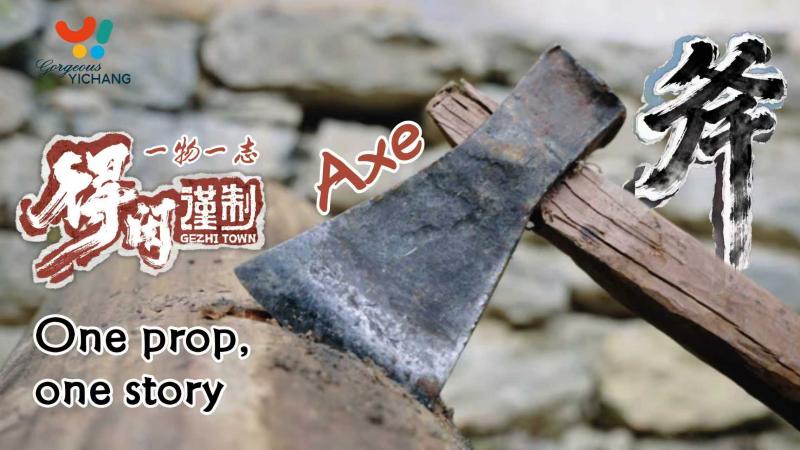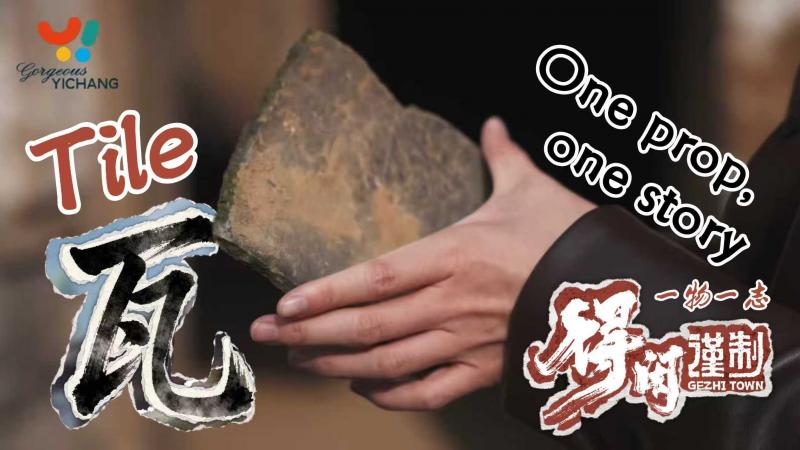Junk cars become ‘green gold’
2023-06-26 18:06:35
By Shen Yuan, Yichang International Communication Studio
In recent years, Yichang has found a way to deal with cars thrown onto the scrap heap. By mining them for spare parts, Yichang has turned these junk cars into “green wealth”.
In recent years, companies in Yichang have built new dismantling workshops, renovated and upgraded assembly lines and added professional facilities and equipment. Yichang can dismantle and recycle 60,000 cars per year.
One obvious example is batteries. Batteries are an important recycling resource much appreciated at Bangpu Integrated Battery Material Industrial Park in Yichang.
The batteries are extracted from the scrapped cars and processed to extract lithium carbonate and iron phosphate. These two substances are the main raw materials for the production of lithium iron phosphate. With the strong growth of the new energy vehicle market in China, lithium carbonate has become a valuable raw material for the automotive industry.
With the rapid growth of car ownership in recent years and the increasing popularity of new energy cars, the recycling of old cars and used batteries is a healthy industry.
China is expected to junk around 11.7 million cars per year by 2030, creating an industry potentially worth 260 billion yuan (US$36 billion).
In recent years, Yichang has found a way to deal with cars thrown onto the scrap heap. By mining them for spare parts, Yichang has turned these junk cars into “green wealth”.
In recent years, companies in Yichang have built new dismantling workshops, renovated and upgraded assembly lines and added professional facilities and equipment. Yichang can dismantle and recycle 60,000 cars per year.
One obvious example is batteries. Batteries are an important recycling resource much appreciated at Bangpu Integrated Battery Material Industrial Park in Yichang.
The batteries are extracted from the scrapped cars and processed to extract lithium carbonate and iron phosphate. These two substances are the main raw materials for the production of lithium iron phosphate. With the strong growth of the new energy vehicle market in China, lithium carbonate has become a valuable raw material for the automotive industry.
With the rapid growth of car ownership in recent years and the increasing popularity of new energy cars, the recycling of old cars and used batteries is a healthy industry.
China is expected to junk around 11.7 million cars per year by 2030, creating an industry potentially worth 260 billion yuan (US$36 billion).






